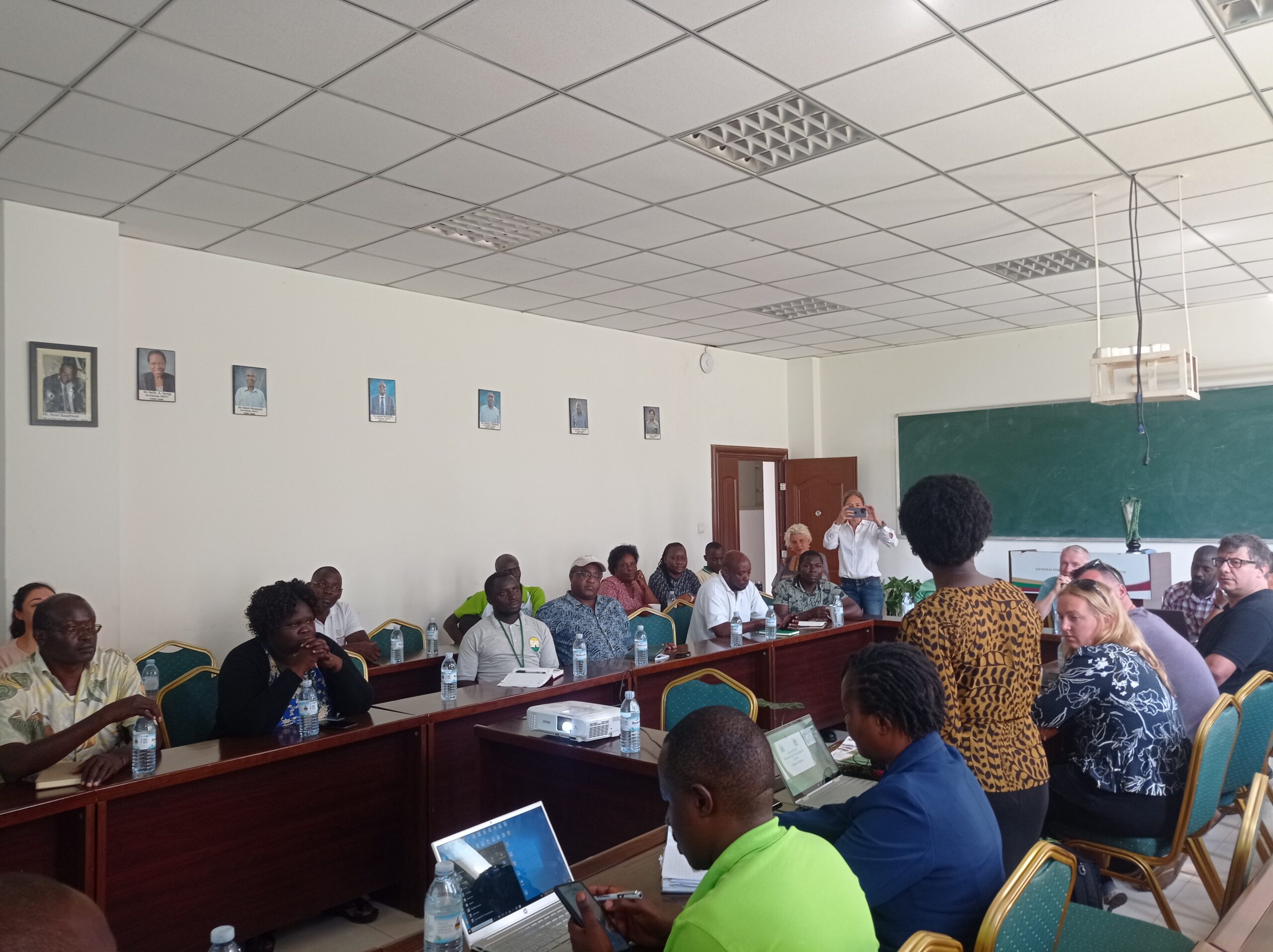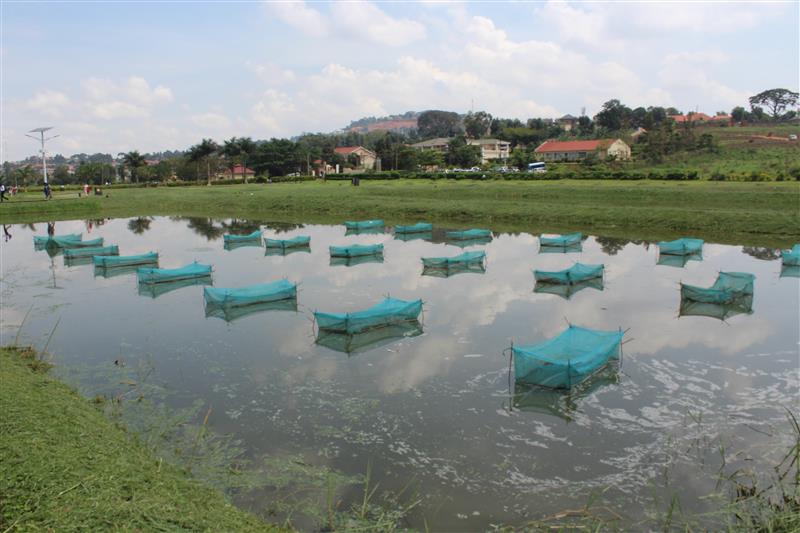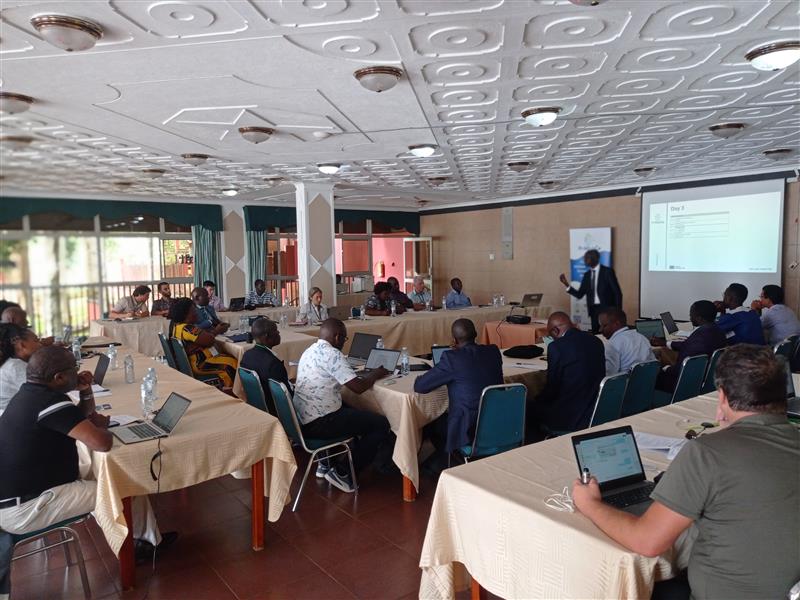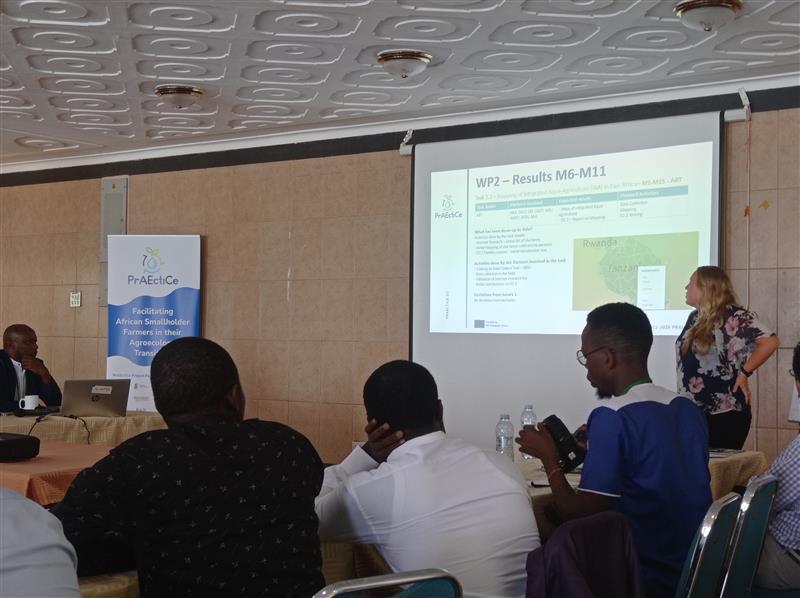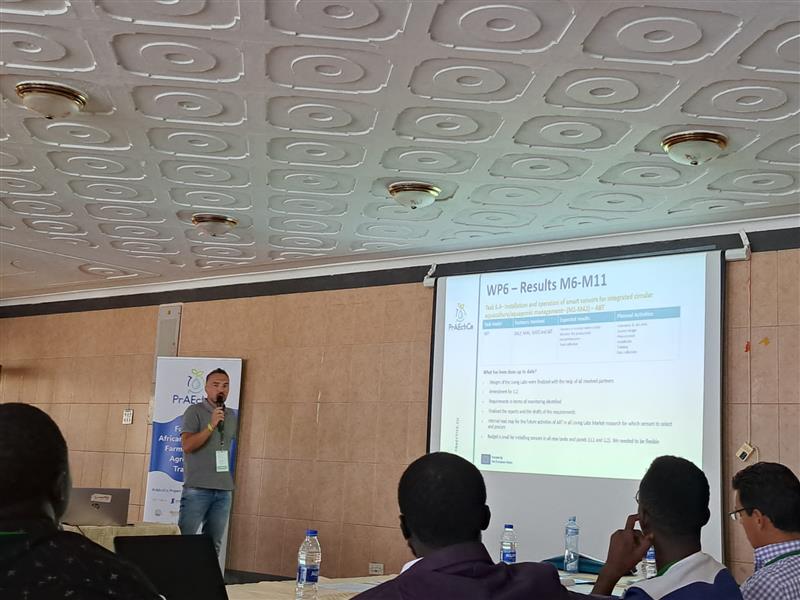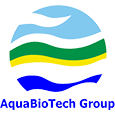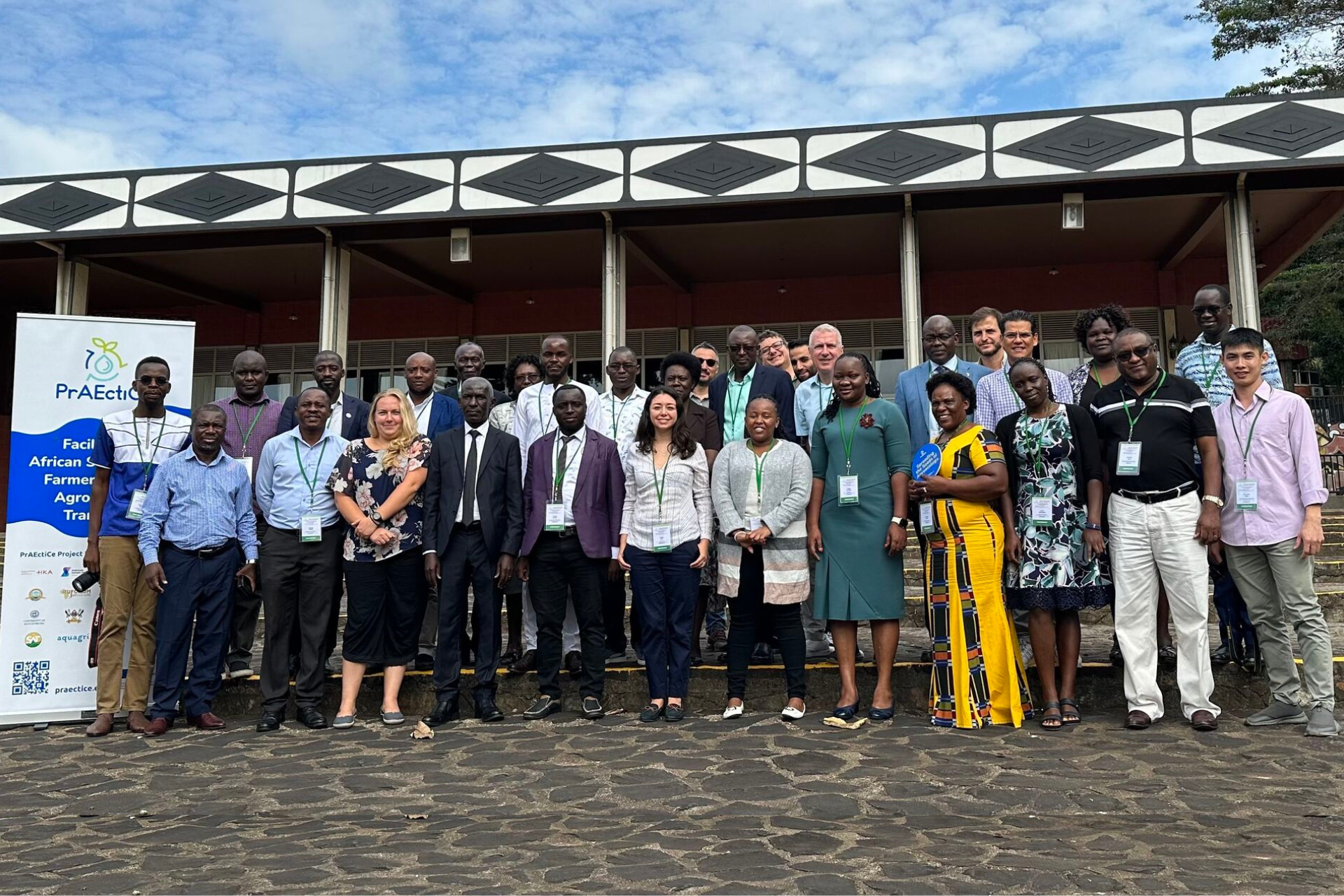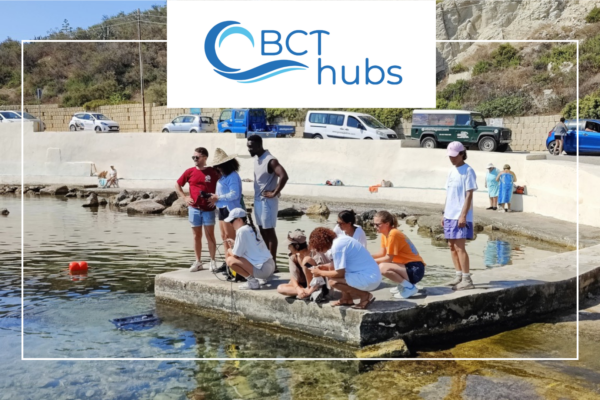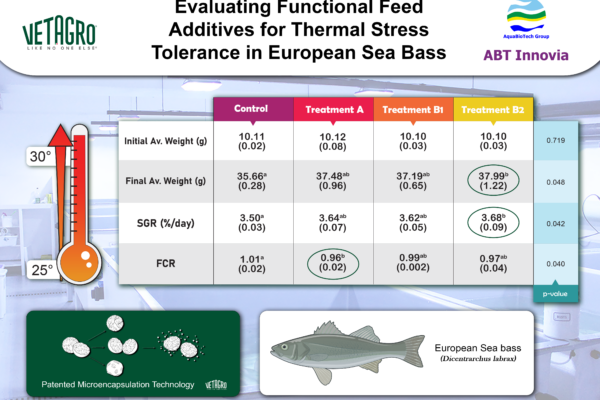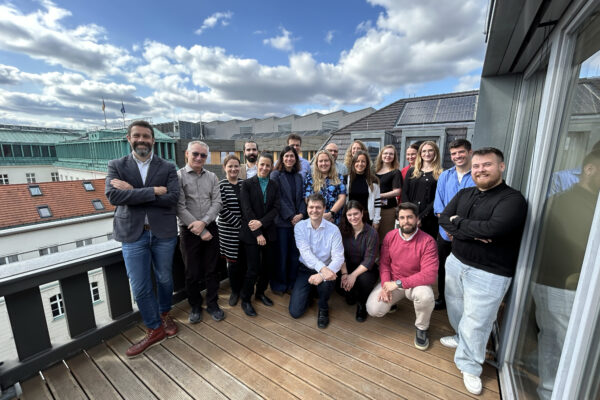For the past two weeks, our RD&I team members Freya Robinson and Thanasis Chantzaropoulos had the opportunity to visit different sites, within two projects we are currently working on FoodLAND and PrAEctiCe.
The RD&I department of AquaBioTech Group is involved in two EU funded projects in East Africa and more specifically in Kenya, Tanzania and Uganda. These two projects were designed and are focused on small-scale farmers providing innovations for crop and fish farming. In the last year, our aquaculture consultants and experts, Freya Robinson and Thanasis Chantzaropoulos, had the chance to visit these countries three times and realize the progress made in these two projects.
During their last visit, which lasted two weeks, from the 19th – 29th of September, they had the chance to spend some time in the depths of rural Tanzania with small-scale fish farmers. On Wednesday the 20th of September, our RD&I team members had the opportunity to visit the Sokoine University of Agriculture (SUA), in Morogoro, Tanzania and meet our partners from the FoodLAND project: Prof. Susan Nchimbi-Msolla and Dr. Renalda Munubi. They also met the Principal of the College of Agriculture, Dr. Nyambilila Abdallah Amuri as well as the Coordinator of Research and Publications, Prof. Japhet Kashaigili and discussed the cooperation so far, as well as possible future partnerships. They were also lucky enough to be guided through the facilities of the Department of Aquaculture, in order to see all the work that is carried out there, including the activities of the FoodLAND project.
The following days, SUA facilitated visits to the small-scale fish farms involved in the project, identified as food hubs. They were able to travel to several rural villages of the Kilombero district including farms in Kiberege, Kisawasawa, Mang’Ula B and Mkamba. There, they inspected the ponds that are being used for the purposes of the FoodLAND Africa project, and discussed with the farmers about their training, the problems they are facing, solutions and the progress so far.
FoodLAND project is an EU funded Horizon 2020 program, involving simple solutions in crop and fish farming and food processing, tested, implemented, and validated together with local smallholder farmers and local food processors, in order to strengthen nutrition-responsive agro-biodiversity. Local species of fish and crops are in the spotlight of this project, as well as the use of locally available natural ingredients to replace factory components in the practice of these new systems. AquaBioTech is the leader of the Aquaculture Working Group providing its expertise in aquaculture and support to our partners.
Read the FoodLAND article published and watch the short video
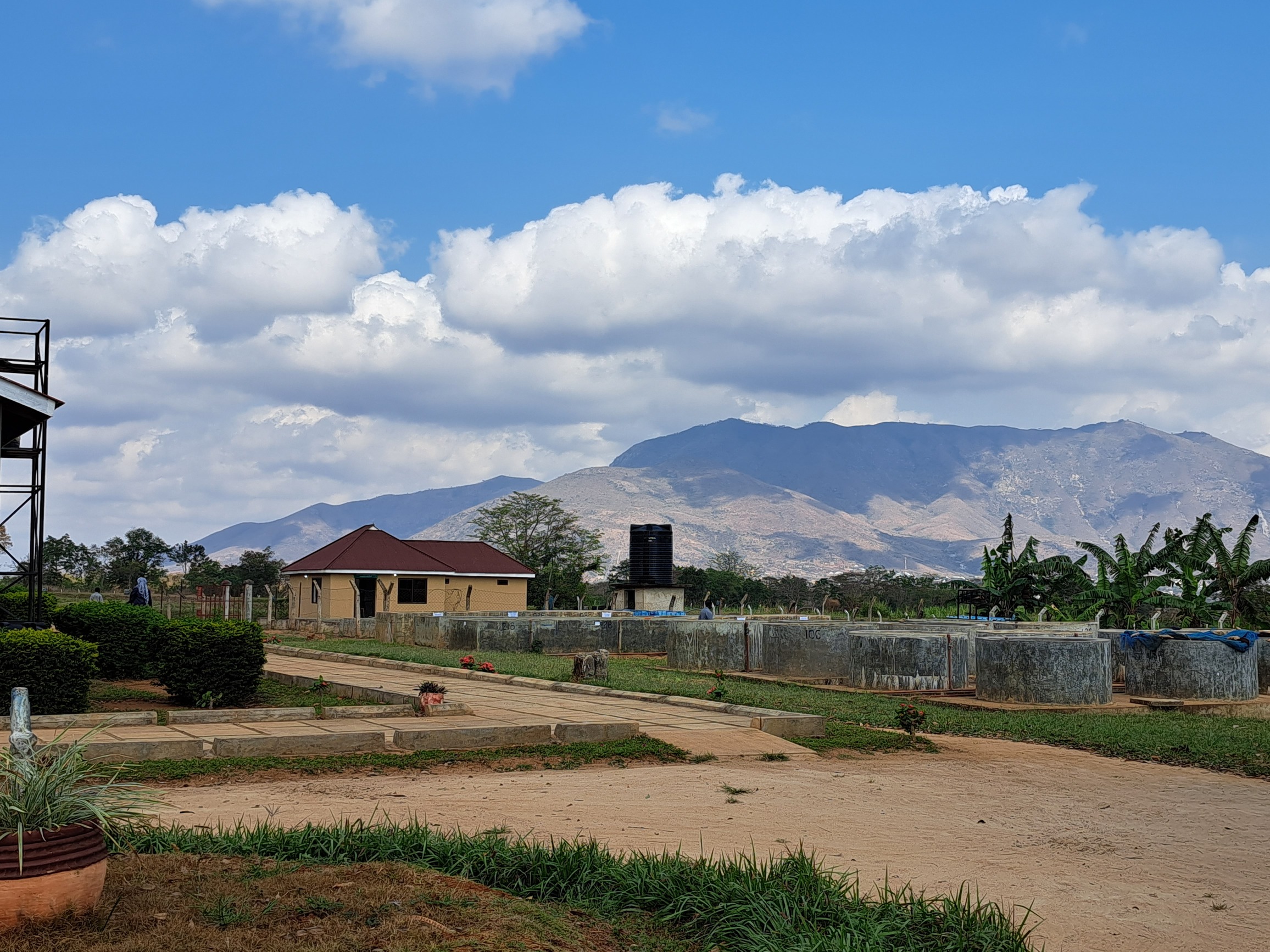
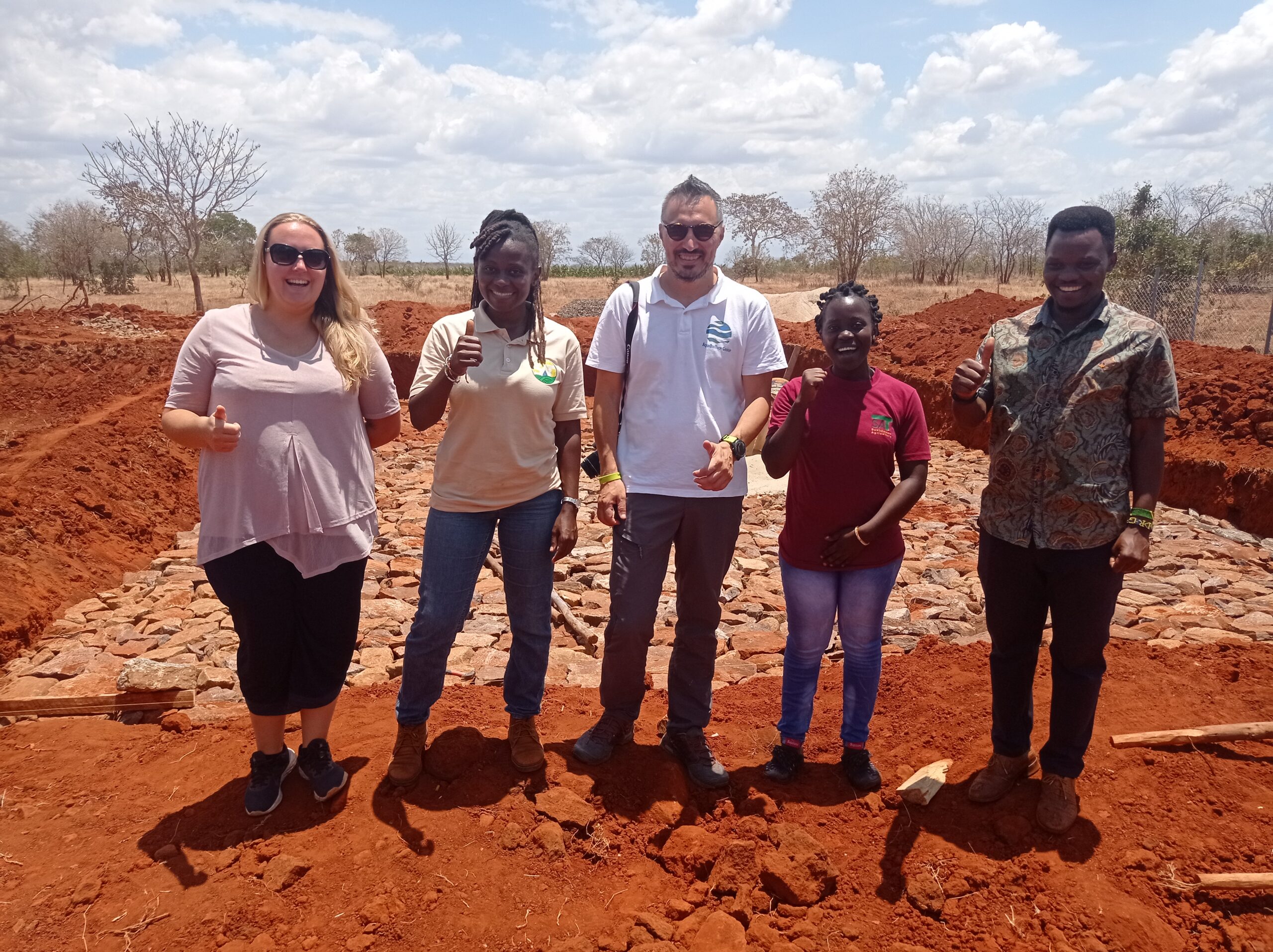
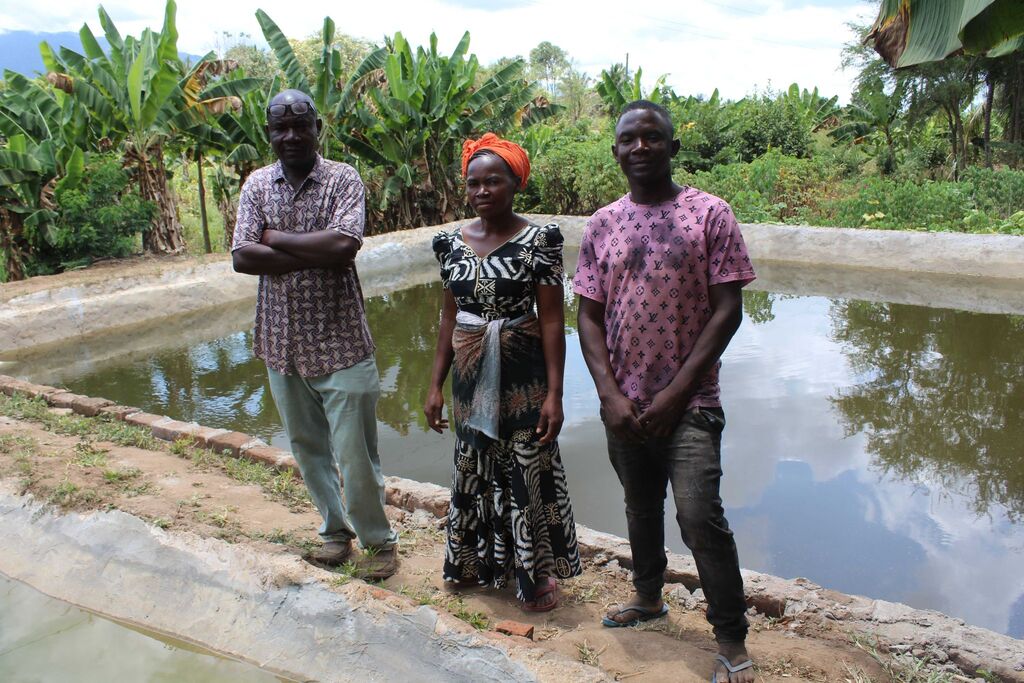
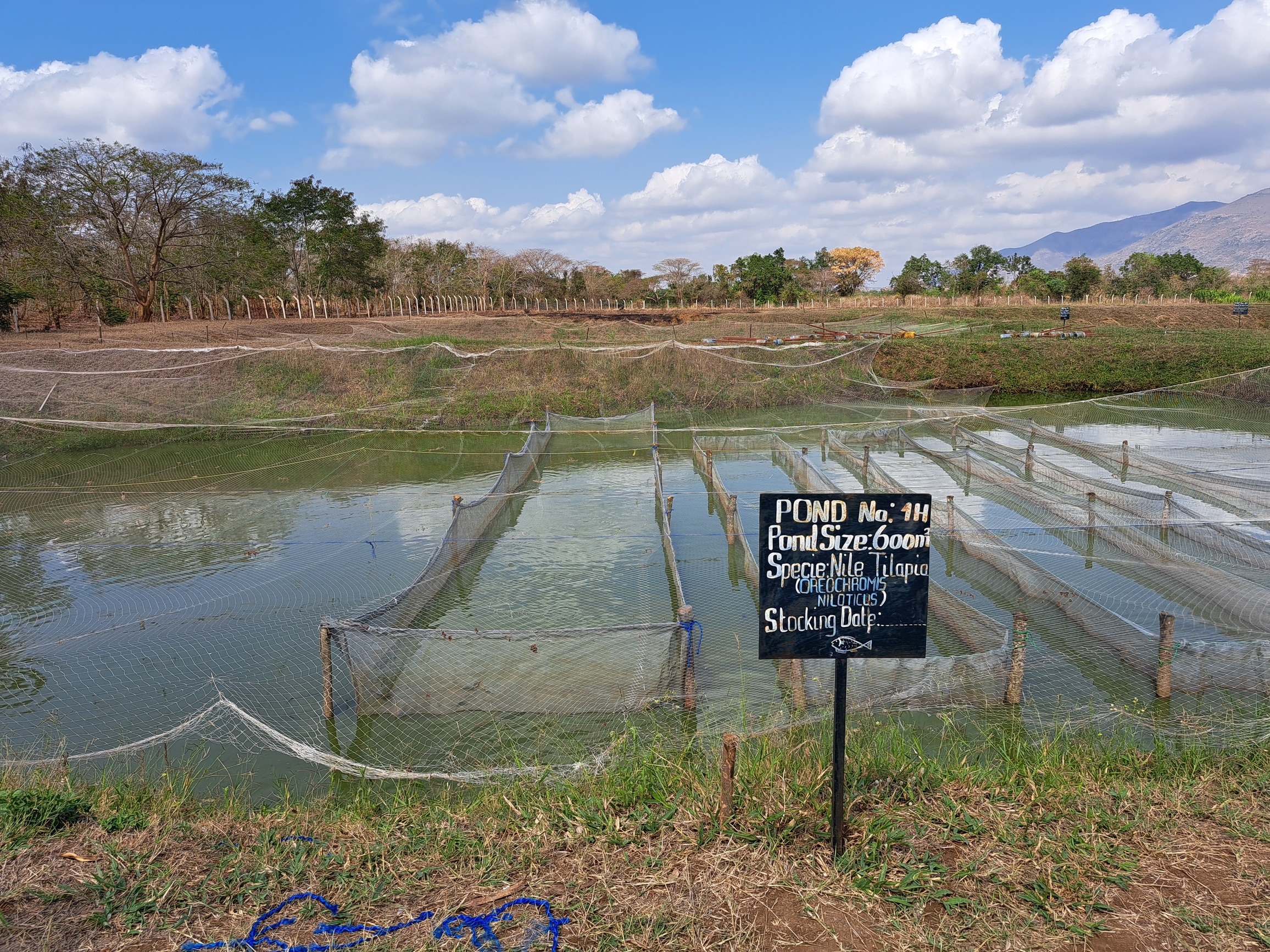
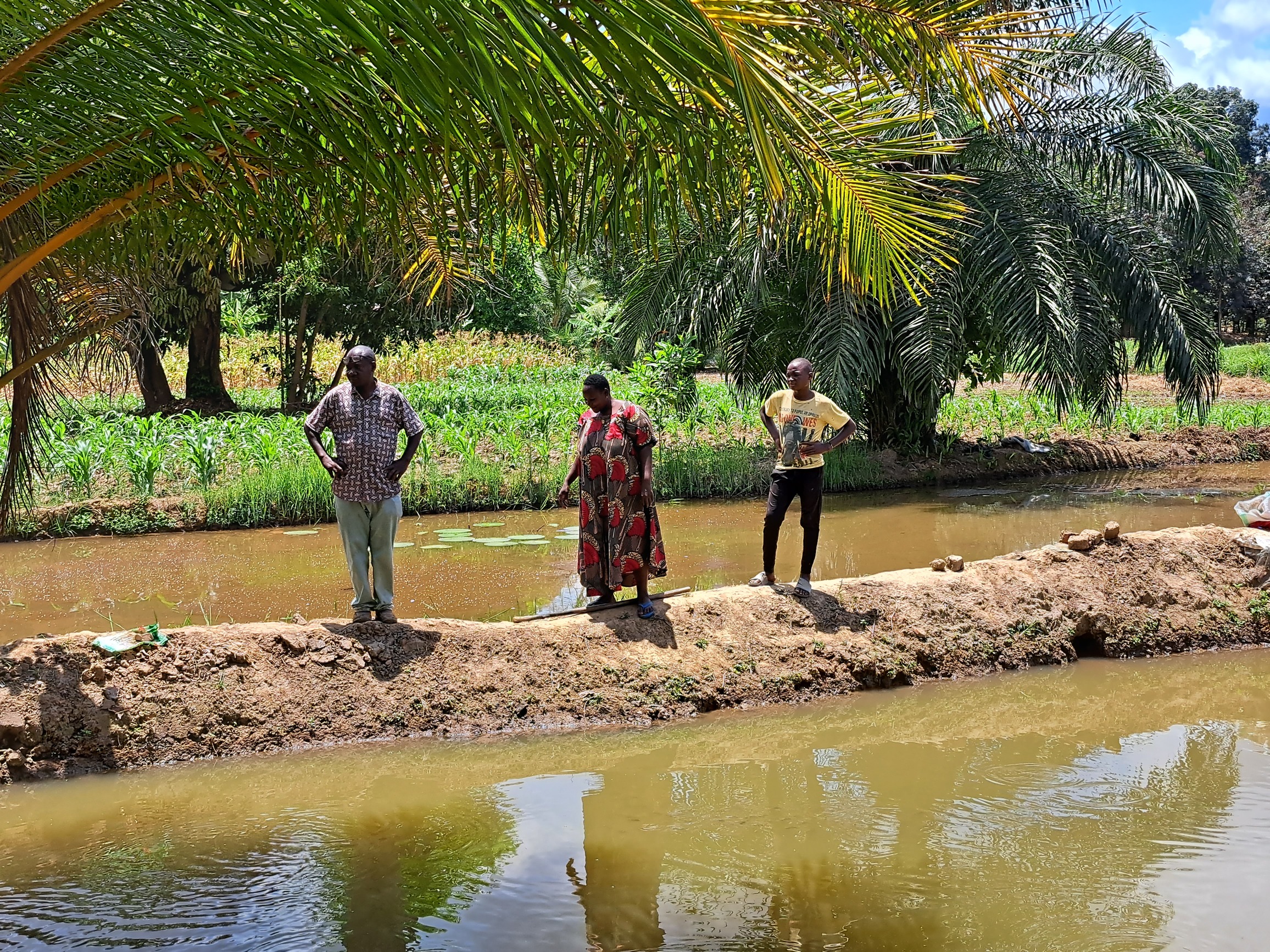
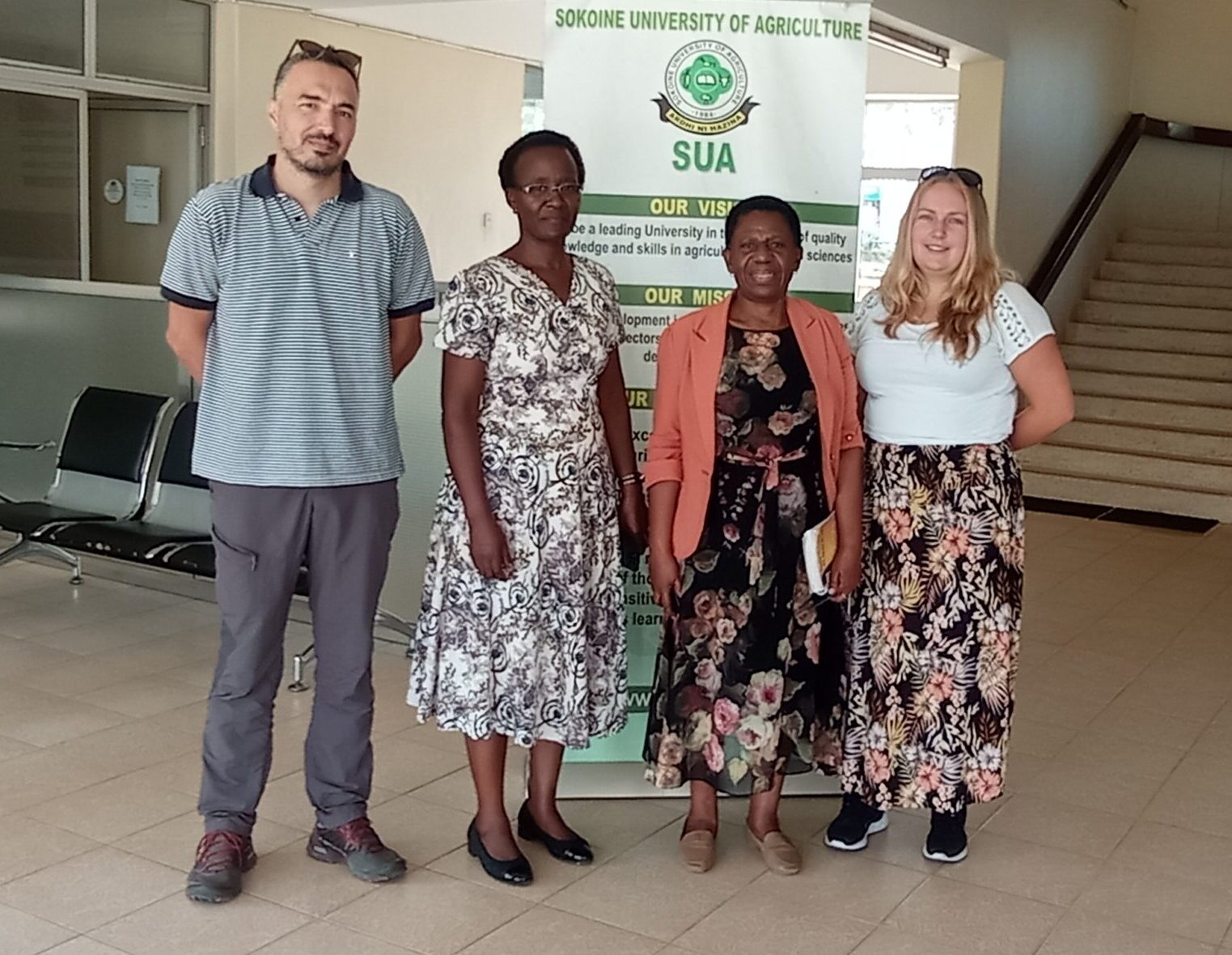
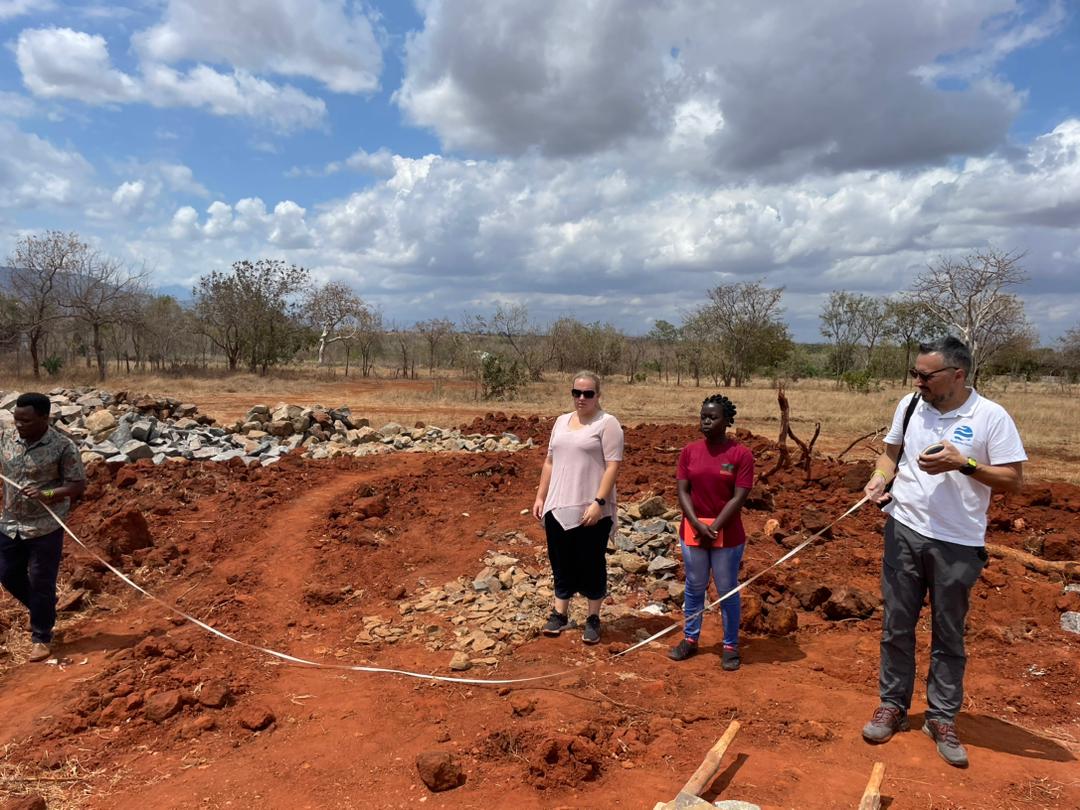
During their last days in the area of Morogoro, Tanzania, our RD&I members visited the facilities of our PrAEctiCe partners, Sustainable Agriculture Tanzania (SAT). They were very lucky to have a tour of their Farmer Training Centre in Vianzi, where a whole self-sufficient community is being developed, by combining solar energy, rainwater collection and filtration, fish and crop farming, as well as livestock. All this know-how is then transmitted through SAT’s training programmes, in this facility, to interested farmers. For the purposes of the PrAEctiCe project, SAT is building a new integrated aqua-agriculture system, with the help of the University of Applied Sciences Hochschule Karlsruhe and AquaBioTech Group.
PrAEctiCe project is an EU-funded Horizon 2020 project. It provides a novel agroecology indicator set for East Africa, aimed at helping smallholder farmers in their agroecological transition and tackles the issue of food security through a concept-into-action approach in the area of sustainable farming. Three systems are being built in three different sites in East Africa,
Kenya, Tanzania and Uganda. These systems will be adapted to the conditions of East Africa and will involve three different types of integrated aqua-agriculture practices. In this project, ABTG is contributing to all work packages, but is the task leader in the mapping of Integrated Aqua-Agricultural practices in East Africa, in the installation of monitoring sensors in all living labs that are going to be built, as well as providing its expertise in aquaculture to the partners.
From the 26th – 28th of September, the PrAEctiCe project partners had their second in-person meeting in Entebbe, Uganda. For two days, more than 35 participants, from all 16 partners, attended the meeting and had the chance to present their work so far, get informed about the work that is being carried out in all work packages and identify the tasks for the near future. Freya Robinson and Thanasis Chantzaropoulos presented AquaBioTech’s work in:
- the mapping of Integrated Aqua-Agriculture practices in East Africa,
- the design and installation of the monitoring system in the sites of our partners.
RUFORUM Network (Regional Universities Forum for Capacity Building in Agriculture) was the excellent host of the meeting, in a beautiful location next to Lake Victoria. On the last day, the partners were driven to the site of Aquaculture Research and Development Centre of National Agricultural Research Organisation – NARO in Kajjansi, where they were given a tour of the existing facilities, as well as the proposed construction site of their new aquaponics system, which will be built for the purposes of the project with the help of University of Applied Sciences Hochschule Karlsruhe, the Department of Marine Sciences of the University of Gothenburg and AquaBioTech Group. NARO are ABT’s partner in both projects: FoodLAND and PrAEctiCe.
All of us at AquaBioTech, would like to give our gratitude to our partners in Tanzania and Uganda for their support and assistance during these two weeks. We can only promise that we will keep on helping them with whatever they are doing presently or in the future. Our journey from the smallest pond farm of Africa to the biggest RAS of the Western world does not stop here.
